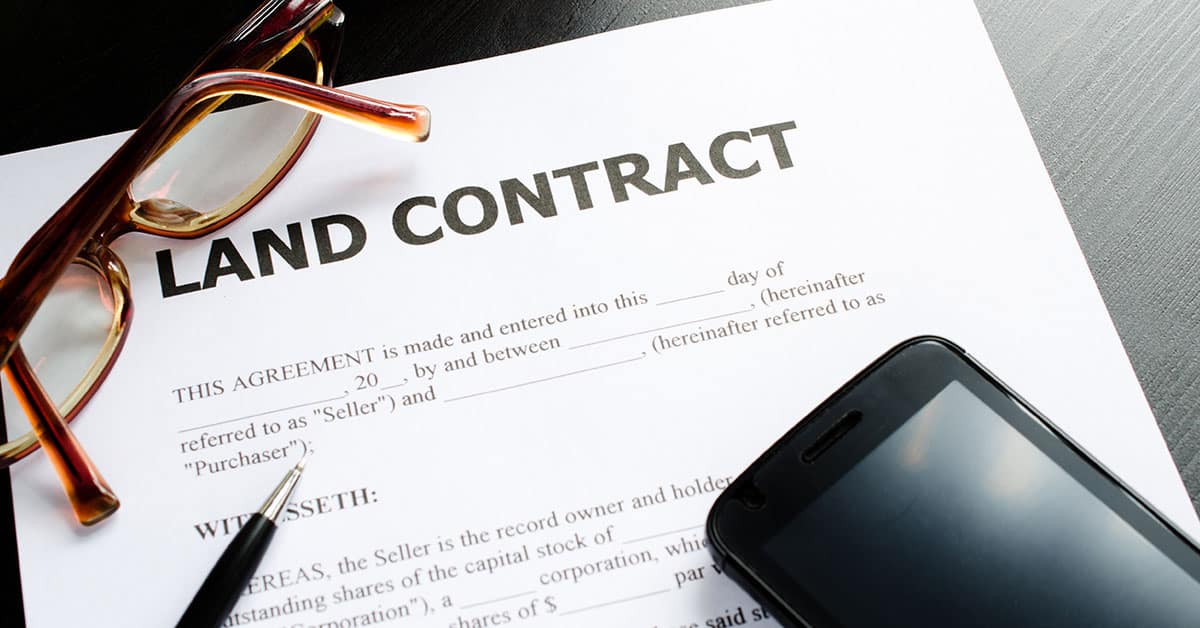In this case, plaintiffs and defendants were neighbors, business associates, and friends, but the business relationship deteriorated.
Plaintiff purchased the assets of the business that he shared with defendant and dissolved the existing corporation, and the parties’ personal relationship also ended. With regard to the neighboring properties, defendants used and maintained a 50-foot strip of land at the southern edge of plaintiffs’ property but claimed that plaintiffs suddenly objected to the use of this parcel of property in 2016. The dispute over the 50-foot strip of land is the subject matter of this litigation.
Defendant testified that he maintained the disputed parcel of property by seeding, cutting, and fertilizing the grass, pulling weeds and removing poisonous sumac, and installing a sprinkler system with five of the sprinkler heads placed south of the alleged boundary line. These acts continuously occurred from the 1970s until the litigation was filed, and then the police directed him to stop maintaining the lawn. Defendant also testified that he installed concrete pads, a driveway, and a generator in 2003, but at the time of the installation, he was unaware that the encroachments were technically placed on plaintiffs’ property.
In 2016, plaintiffs’ counsel sent written correspondence objecting to defendants’ “trespass” upon their property. In response, defendants’ counsel wrote that defendants’ actions could not constitute a trespass because any entry was permissive, but further cited defendants’ ownership of the disputed parcel. In March 2017, plaintiffs filed suit to quiet title to the property, alleging that they were the record owners of the disputed parcel.
The doctrine of acquiescence provides that, where adjoining property owners acquiesce to a boundary line for a period of at least fifteen years, that line becomes the actual boundary line. The underlying reason for the rule of acquiescence is the promotion of peaceful resolution of boundary disputes.
A claim premised on acquiescence must be proven by a preponderance of the evidence, a standard less stringent than the clear and cogent evidence standard necessary to show adverse possession. Contrary to adverse possession, a claim of acquiescence does not require that the possession be hostile or without permission. Additionally, the acquiescence of predecessors in title can be tacked onto that of the parties in order to establish the mandated period of fifteen years.
Defendant testified that he placed a sprinkler system, concrete pads, generator, and driveway in the disputed area because of his belief that ownership of the disputed 50-foot area was acquired. Although the generator and concrete were not placed until 2003, his testimony was that the sprinkler system and lawn maintenance occurred in the 1980s, and therefore, he would have acquired title for the statutory period before plaintiffs’ objection in 2016.
Are you involved in a real estate dispute in Michigan? Are you seeking an efficient and effective resolution to a property litigation matter?
Aldrich Legal Services represent clients in a wide range of real estate litigation, including:
- Boundary disputes
- Neighbor disputes
- Purchase and sales disputes
- Residential real estate disputes
- Easement and access disputes
- Construction issues
- Title disputes
- Nuisance and property use disputes
To schedule a free consultation with one of our experienced real estate litigation attorneys, contact our law office in Plymouth, Michigan.


